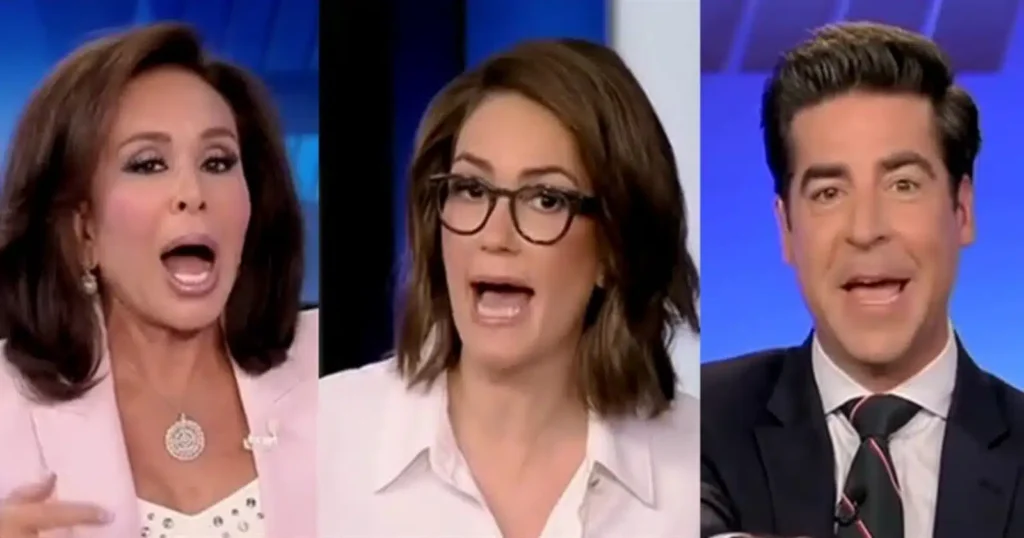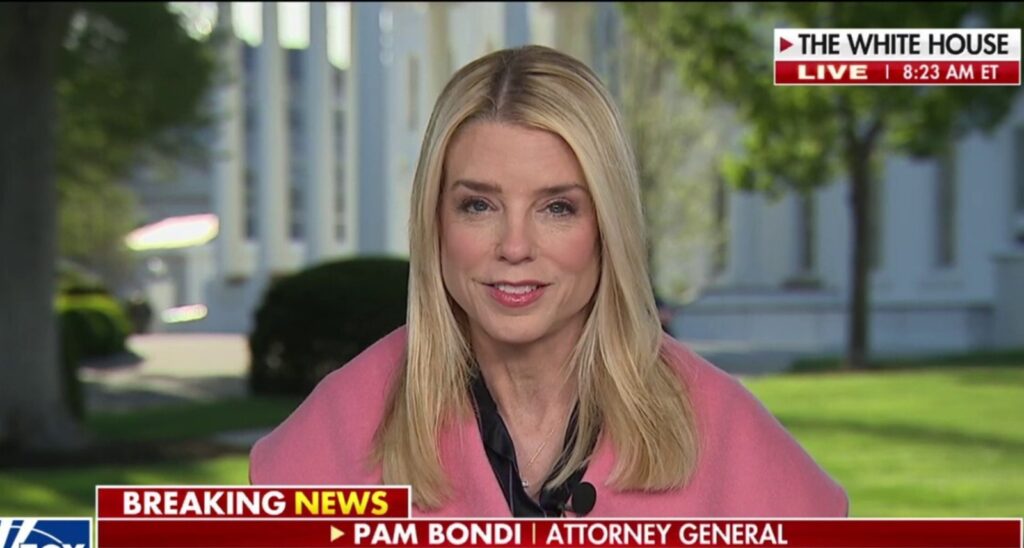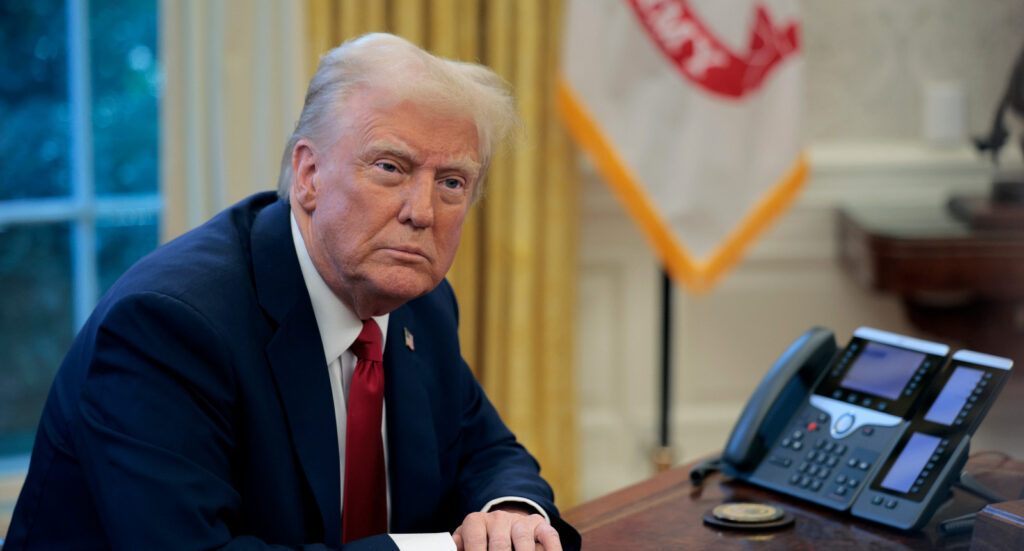Commerce Secretary Howard Lutnick said that President Donald Trump informed him that he wants to eliminate income tax for anyone making less than $150,000 annually.
“I’m in the car with him, and I said we’re going to balance the budget,’” the secretary said on the “All In” podcast last week, Just The News reported.
“And I said, ‘But I have one favor to ask you: If we can balance the budget for you, will you agree to waive all income tax for every person who makes less than $150k a year in the United States of America?’ Which, by the way, is about 85% of Americans,” Lutnick continued.
“And the reason you want to work for Donald Trump is he looks at me, he goes, ‘Sure,’” he said. “You realize, the President of the United States said, ‘If you balance the budget, sure.’ And he’s not lying; he’s not kidding. He’s like, ‘Yeah.’”
The United States did not have an income tax until 1913 after the ratification of the 16th Amendment, funding the government mainly via tariffs. Trump has said he would like to get back to a tariff-based funding system.
“America is going to be very rich again, and it’s going to happen very quickly.” The president said during his campaign to Republicans gathered at his Florida resort. “It’s time for the United States to return to the system that made us richer and more powerful than ever before.”
In January, in a speech promoting his tariffs, he said, “Instead of taxing our citizens to enrich foreign nations, we should be tariffing and taxing foreign nations to enrich our citizens.”
The Republican-controlled House voted this month to block Congress from quickly challenging tariffs imposed by presidents on reports that those imposed by Trump have unsettled financial markets.
The 216-214 vote, primarily along party lines, delays lawmakers’ ability to force a vote to revoke Trump’s tariffs and immigration actions for the rest of the year.
Trump has stated that the tariffs are intended to address unbalanced trade relations, repatriate jobs, and stem the flow of illegal narcotics from abroad, Reuters noted.
The House’s vote effectively halted an effort to challenge his tariffs on imports from Canada and Mexico—a challenge sponsored by Democratic Rep. Suzan DelBene of Washington that was scheduled for later this month.
“Every House Republican who voted for this measure is voting to give Trump expanded powers to raise taxes on American households through tariffs with full knowledge of how he is using those powers, and every Republican will own the economic consequences of that vote,” DelBene and fellow Democrat, Rep. Don Beyer from Virginia, claimed in a statement.
“This is an appropriate balance of powers and we trust this White House to do the right thing, and I think that was the right vote and it was reflected in the vote count,” House Speaker Mike Johnson (R-La.) said when asked by Reuters why he was okay with ceding more power to the Executive Branch regarding trade.
DelBene attempted to force a vote using the National Emergencies Act, which grants the president special powers during emergencies—a justification Trump invoked for his tariff actions. The law also allows representatives to trigger a House vote within 15 days to revoke the president’s emergency authority, provided that the Senate also passes the resolution.
The vote modified how the House will count calendar days for the remainder of 2025, effectively preventing such a vote from occurring this year.
“The international emergency economic powers have not been used before to impose tariffs, and many members want to have a chance to weigh in,” Greta Peisch, former general counsel to the U.S. Trade Representative, told Reuters. “Without a fast-track voting process, they are unlikely to have an opportunity to do so.”





